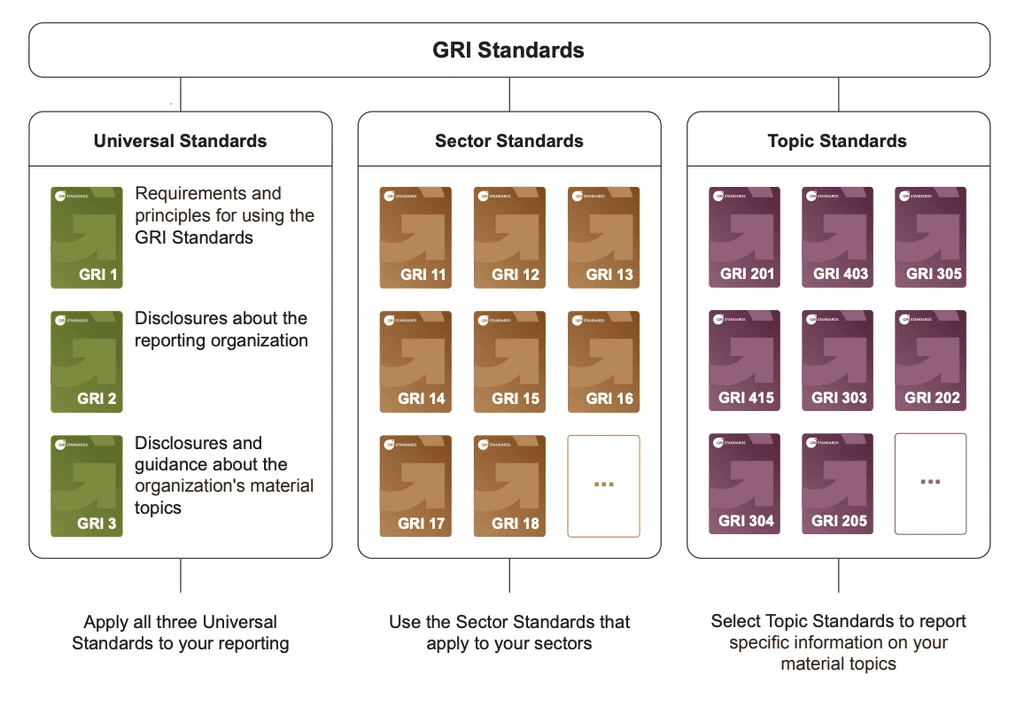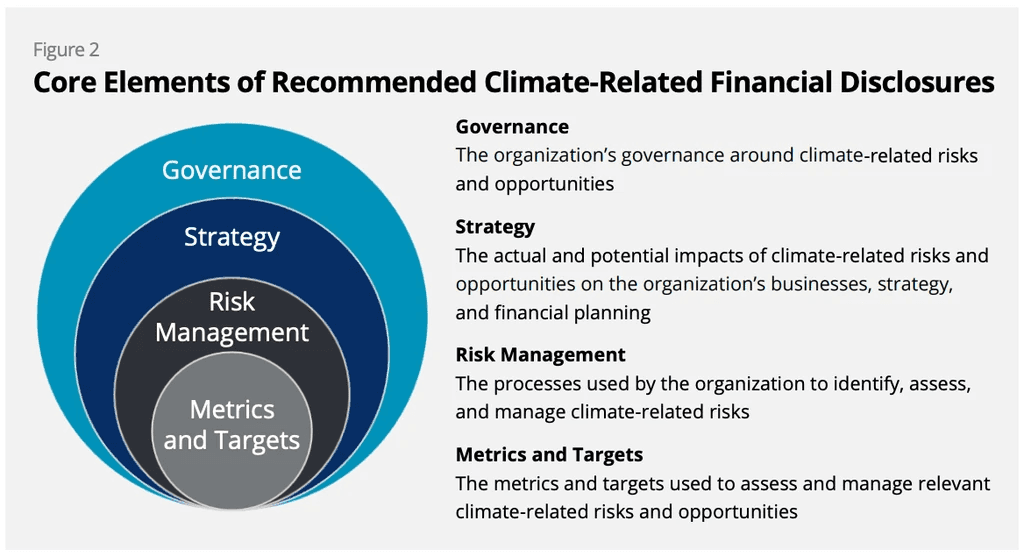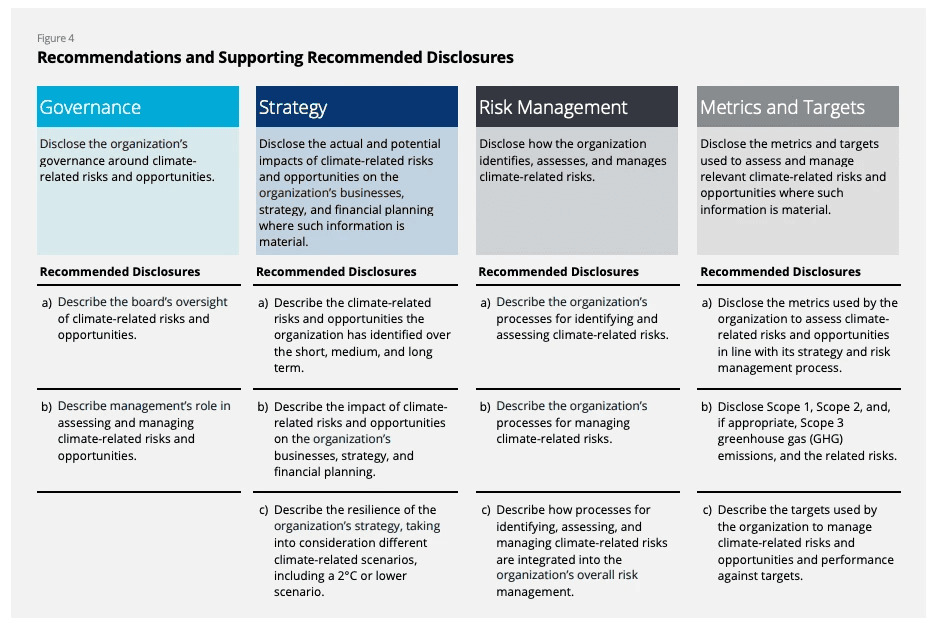Knowledge
Where to start and enhance your reporting capabilities
From our previous blogs you now know what the Swiss Climate Ordinance is and what it means for companies in Switzerland. We have learnt about some challenges, actions, and opportunities in sustainability accounting and reporting when it comes to the topics of data, people and skills, and finally resources.
Now what?
Here are some initial steps to take, not only towards complying with the incoming Swiss regulations, but also to kickstart or accelerate your sustainability journey with the reporting process. The regulations are coming in thick and fast, but it doesn’t have to be a complicated process, now is the time to get started! With Pelt8 you can kickstart this and be ready for the new regs, as well as start reaping the other rewards that the reporting process brings for companies, their employees and society at large.
Firstly, as a company, start reflecting on what sustainability means to you. What role does/could/should sustainability accounting and reporting play within your company’s operations, culture, goals and KPIs. Set some initial broad aspirations for the future, both for your reporting as well as sustainability in general – keep in mind to not only build processes to report but ensure they are geared towards decision enablement.
The first step should be a double materiality assessment to understand your material impacts as well as risks and opportunities your business is facing. This is when you pinpoint what topics are important for you and your stakeholders. It is important here to engage with your stakeholders so that you make sure you are accounting for and reporting on what they deem material. You can use surveys, interviews, or if you are a big company, see what people are saying about you in the press and social media. It is also important to identify where your company has any form of impact, whether positive or negative. Some general reporting topics are required from any company reporting, but you can also choose to report in more detail on how your value chain creates impact in environmental, social or economic realms. For more information on double materiality and what is required for CSRD, follow this link.
After materiality assessment, a company can set its scope for the report and plan how to get the relevant data for everything that fits within this scope. A company could seek to focus mostly on environmental aspects, or could go for a very holistic report covering governance and social elements as well. Your materiality assessment will guide this scope-setting.
This is where Pelt8 comes in. It is now worth thinking about what reporting framework you will work with. One standard & one framework have emerged in Switzerland (and the EU) as key players in this space – The Global Reporting Initiative (GRI) & the Task Force on Climate-related Financial Disclosures (TCFD). The current wording of the Swiss Ordinance on Climate Disclosures ‘requires climate disclosures to be aligned to the recommendations of the TCFD for 2024 in the reporting year 2025. At Pelt8, we help identify interoperability between standards and frameworks to help sustainability professionals optimise time spent on reporting. As it happens, TCFD and GRI are highly interoperable. For these upcoming recommendations we recommend companies to start working from the GRI standards. GRI is the lmost broadly adopted standard out there and is already accepted to report on a company’s impact in Switzerland for 2023 in the reporting year 2024. The EFRAG (EU regulator) and GRI have also made a joint statement of interoperability ensuring that any work that goes into reporting on GRI will set foundations for ESRS (European Sustainability Reporting Standards). Don’t worry though, you don’t have to figure out the intricacies of GRI and worry about all the data points and information you will need to collect. Using our tool, we provide a GRI template so that you know exactly what information you need to find. Then, all you have to do is onboard the users that will help you collect the data. We will train them and provide on-going support to make your data collection process as smooth as possible. As the data is collected it will be matched to the relevant GRI disclosures. Once you are ready to expand to other standards or frameworks you will be able to use the data collected for your GRI reporting to not start from scratch.
GRI and TCFD in a bit more detail
The sustainability reporting landscape is ever changing, but we can help you keep up to date on latest regulations, best practices and frameworks. To report according to GRI, you have to apply their universal standards, and then you can choose which optional sector specific or topic specific standards you want to report on

Source: https://www.globalreporting.org/media/wtaf14tw/a-short-introduction-to-the-gri-standards.pdf

Source: https://assets.bbhub.io/company/sites/60/2021/10/FINAL-2017-TCFD-Report.pdf
Using GRI foundations to start your TCFD reporting will enable your company to showcase a unified narrative that resonates with diverse stakeholders, from investors to consumers.

Source: https://assets.bbhub.io/company/sites/60/2021/10/FINAL-2017-TCFD-Report.pdf
One example of interoperability is If you are already detailing GRI 2, 3, 201, 302, 303, 305, 306, you can repurpose those disclosures and underlying data to fulfill around 80% of TCFD requirements. Other TCFD elements are lacking coverage in GRI requirements, and necessitate additional data collection—specifically, Strategy c and Risk c as illustrated in Figure 6 above. This is identified within our templates and we work with solutions and consulting partners to support our clients in a holistic way.
Now that we are here to support you, it's time to start collecting data and using our tool you will be able to provide everything you need for GRI, as well as be able to analyse your emissions, set targets, and continue your future reporting seamlessly!
Like we said, this doesn’t have to be a headache, setting the right foundations will make your organisation more resilient to changes in reporting requirements, and help you stay on track with regulations growing requirements. Join our webinar on Wednesday, December 13th at 14:00 CET to hear from our CCO Gwen as he presents & answer your questions overhow to get started easily and swiftly on your own reporting journey and how we can help you. You are of course, always welcome to book a demo as well, see the link below. Looking forward to seeing you on the 13th!
